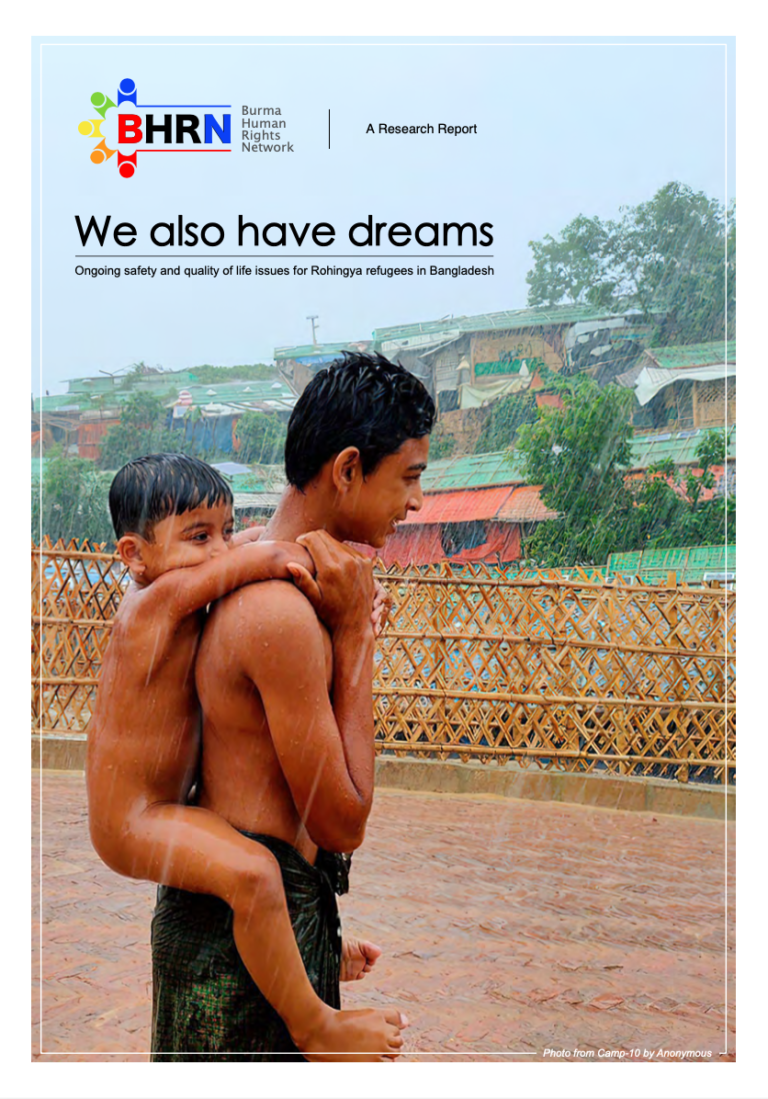Responsible Business Conduct and the Tourism Industry in Vietnam: Guidance for Companies
GuidanceStandards & Codes of ConductAs Vietnam’s tourism industry expands, the Australian Human Rights Commission and the Vietnam Chamber of Commerce and Industry have partnered to produce guidance for companies operating in the tourism industry in Vietnam. The guidance aims to stre...Read More

